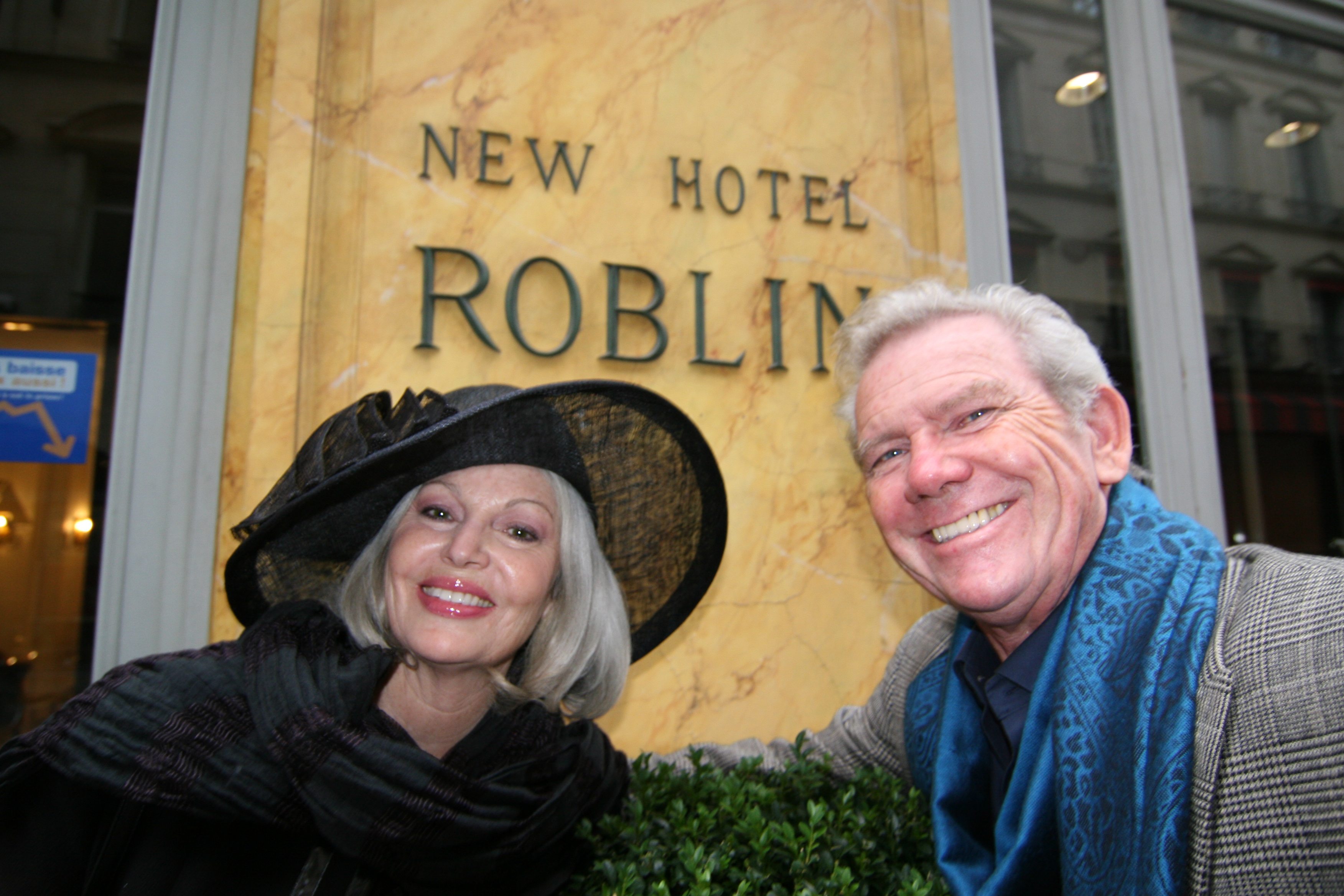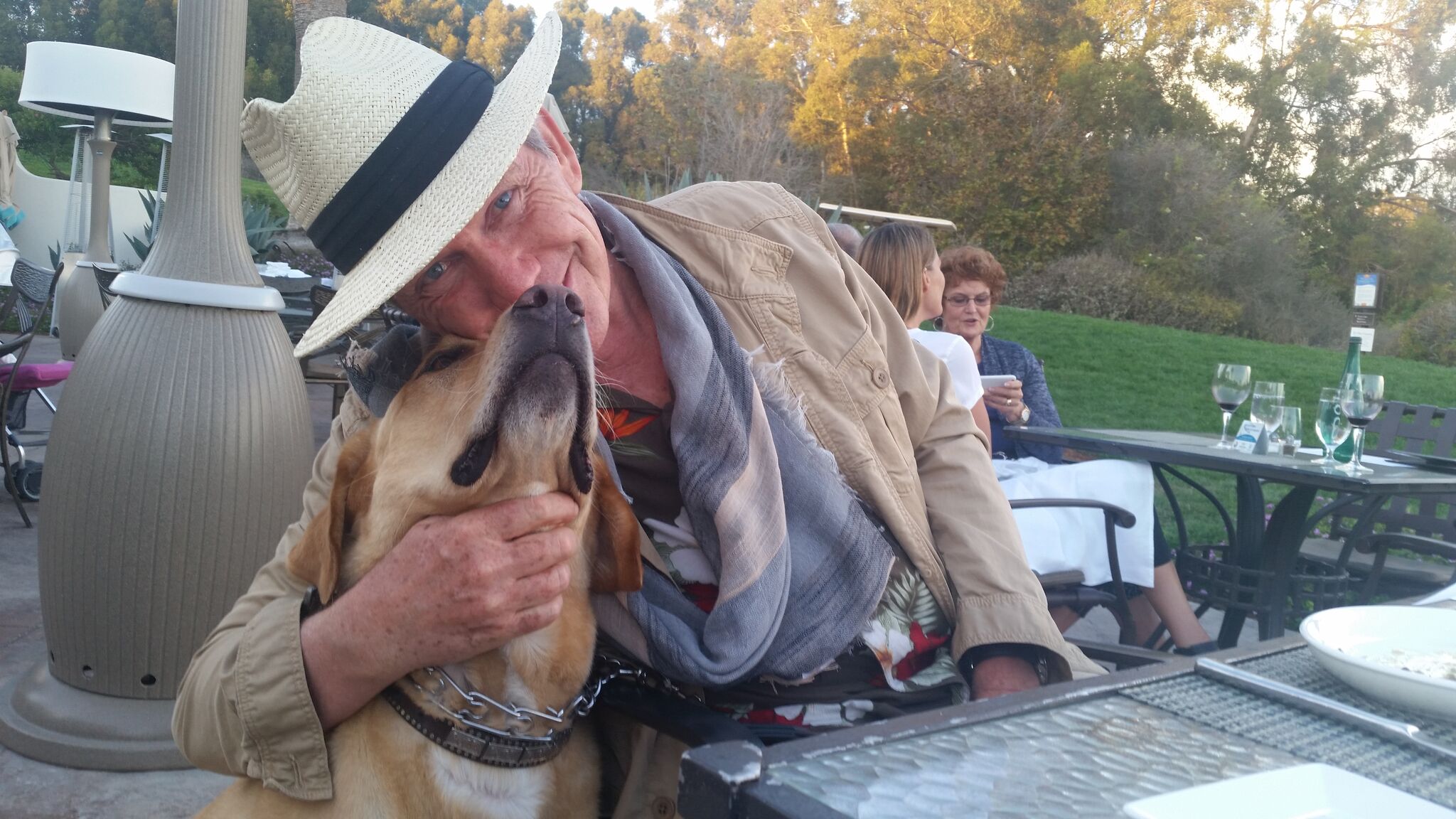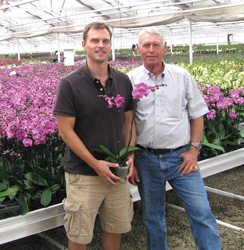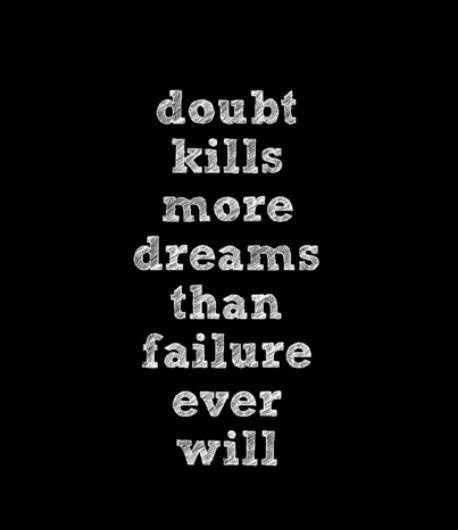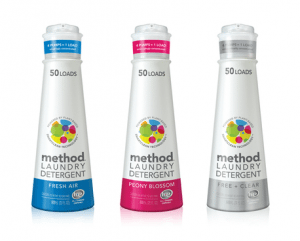 By Lewis Perkins reposted from “Semantic of Sustainability” – FastCompany.com
By Lewis Perkins reposted from “Semantic of Sustainability” – FastCompany.com
So I think we can all admit by now that “green washing” is a thing of the past and most consumers are savvy enough to determine which companies are really walking the talk and which companies continue to attempt to shade their organization green with stories of zero net impact and carbon neutrality. I believe that 2010 marks a new intelligent view on how we promote our green story. In marketing, the term authenticity has been thrown around a lot over the past several years – but as I look around, I believe we have reached a point where the majority of stories being promoted are real. We are tired of the blowing smoke. Recent events in our government, the healthcare plan, the stock market and even the uneventful and very disappointing results of Copenhagen have led to the American public reaching fatigue with the promise of something that is never realized. We want results. We are not only ready to be presented with action for change, we demand it.
A few weeks ago, the Sunday New York Times ran an article about plastic coatings which are under development to rinse clean without the use of soap. The author of the article presented a vision of how great it would be if, after dinner, the greasy stack of dishes could be placed in the sink and let “plain old water rinse away the grime.” A polymer shield that would do the job of dishwashing detergent. I immediately thought of the hundreds of P&G executives shaking in their boots, but then I thought of one very innovative and visionary leader with whom I recently had a great conversation – Adam Lowry, the co-founder and Chief Greenskeeper of Method Products, Inc. Adam said to me, “rather than being in the soap business, I think we should be in the clean business.” Not only would the development of such a polymer NOT frighten Lowry, in my opinion, he would most likely get right in the middle of its development.
I had met Adam on several other occasions and just the month before we were on a panel together on Trends in Green at the Opportunity Green in Los Angeles. So I knew him to be a bright, open, visionary thinker. His company today is poised to deliver another product which will shift the way we and the entire cleaning industry think. about soap. Lowry was quick to state that he did not claim to be the leader behind the concentrate trending in household soap products over the past few years, but a little market research reveals that in fact Method was the leader in bringing the world concentrate laundry detergent.
Lowry and his colleagues at Method are indeed walking the talk as they understand that you cannot make a “zero impact” claim when you are a company who produces any product or provides any service. Merely by being in operation, you have a footprint. So, in his opinion, it is the role of a CEO to find ways in which to lessen that footprint as much as possible. Lowry says “we are not in the soap business, we are in the clean business.” Perhaps the future of clothes laundering involves more partnerships with the machine manufacturers and considered technology, such as the “clean” polymer described above, in development of fabrics.
In order to truly create a model of a sustainable product innovation, you have to be willing to break down barriers that exist between industries. I look forward to learning about the types of partnerships Lowry and his Method team may be forming in order to break down industry walls.
So it will come as no surprise that Method has launched a new product in 2010: an 8x concentrate laundry detergent, which is dispensed in a pump style container to lessen the mistake of over soaping your clothes. In fact, I was shopping in my local Target Store this weekend and the product was well placed on the shelf. When you see the product lined up with its easy pumping visual and messaging, it is clear that this product is a departure from traditional laundry detergent.
What are the implications? Less product, less weight, less expense and carbon footprint to ship, less shelf space required and a smaller overall impact on water systems. Not to mention the overall innovation of the product which will hopefully encourage competitors and similar product categories to respond with more ways to reduce our material use.
What impressed me the most about my visit to Method was Adam’s visionary perspective on how to lead and innovate. Adam understands that whatever his company creates that is a game changer will be copied. The pump detergent is a new product category. Ultimately he expects the other “soap companies” to follow.
As we discussed above, Lowry also knows that truthfully there is no business which is sustainable. So, in response Method has fostered a business model that is literally focused around change itself. Without this, Lowry believes his company would not be able to reach product and overall company sustainability.
According to Lowry, and borrowing from nature, Method is run as more of an organism than an organization – meaning they are set up to adapt and evolve to their environment. This means being willing “to shoot what makes you money and replace it with something bigger, better, perhaps greener and in our case definitely greener.” And that is just what they have done by creating the new pump detergent and potentially cannibalizing their traditional detergents. I give great props to Lowry and his colleagues at Method for pushing the sustainability envelope and moving us all toward a more sustainable experience when getting clean. I am now waiting for Method to announce a partnership with Patagonia on clean fiber technology. After meeting with a visionary like Lowry, such a concept does not seem so ”future-state.”


